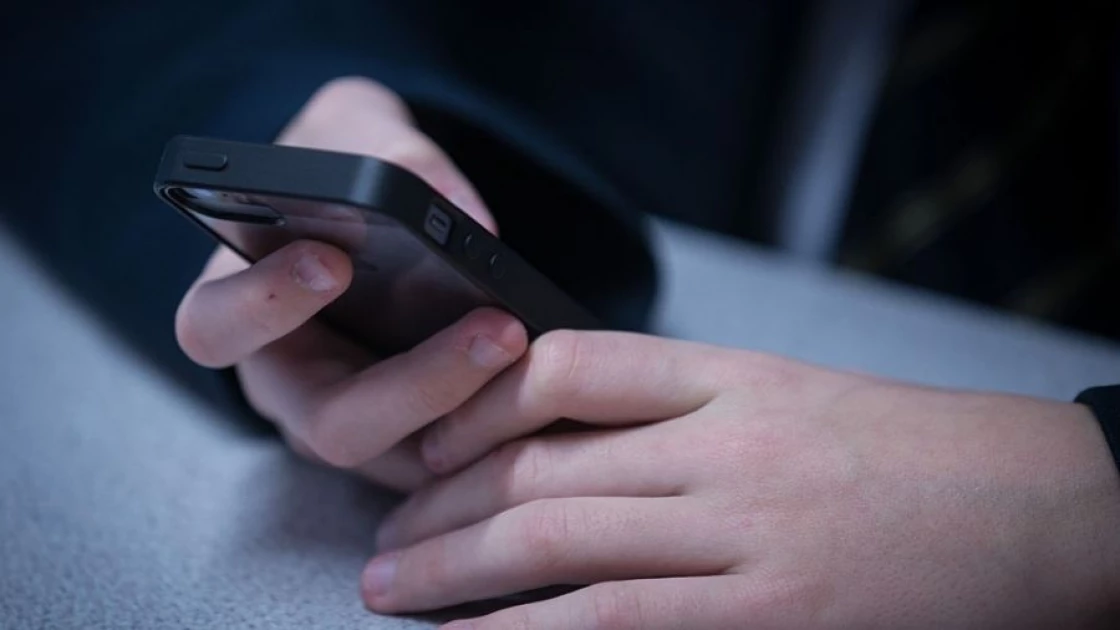Screens and your sleep: How use of phone before bedtime affects your sleep


Audio By Vocalize
Research shows that lack of sleep and heightened exposure to screens before bedtime can exacerbate or even trigger anxiety and depression amplified by lack of sleep. This is partly because sleep is a restorative process and a basic biological need.
We all have heard that using our phones before bed is bad for us but why is that?
Studies show two or more hours of screen time in the evening can seriously disrupt the melatonin surge needed to fall asleep. But how does it work?
Before we had electricity, blue light exposure from the sun would then start to reduce melatonin levels and promote wakefulness. However, with the introduction of technology, the blue light produced by our favorite electronic devices has become a major melatonin disruptor.
At night you start feeling sleepy because your body starts producing melatonin, the blue light from screens interferes with the body’s natural circadian rhythm.
The circadian rhythm, or sleep-wake cycle, is regulated in part by the hormone melatonin. Levels naturally increase after the sun goes down, signalling that it’s time to sleep and start producing melatonin.
Below are tips for avoiding the impact of screen time on sleep
Avoiding screens before bedtime
Avoiding screen time can be really helpful specifically in regulating your body’s melatonin production and sleep-wake cycle. Avoid screens for at least 30 minutes before bed, but ideally for one or two hours. This allows you to completely avoid the blue light that may otherwise affect your sleep.
Limit screen time
The phone’s blue light suppresses the production of melatonin disrupting our feeling of sleepiness even on night mode. Sleep hygiene is very important for a healthy sleep pattern.
It is estimated that the average person spends over four hours using a phone every day. It is important to limit screen time before sleep you can also track your screen time on your phone using the Digital Wellbeing feature on your phone to track yourself and mark healthy boundaries.
Although it might be helpful, research shows that changing the colour of the light using night mode or limiting brightness is not enough when it comes to combating the effects of screen exposure.
Creating screen-free zones
Having a boundary with your devices, especially with children helps a lot in having a healthy screen time. This helps especially when you’re trying to relax or get ready for bed. Consider making your bedroom screen-free to help reduce stress and improve sleep quality.
Poor sleep has been linked to an increased risk of a number of health problems, from obesity to stroke, researchers say the impact of smartphones merits scrutiny. If a few weeks pass and you’re still struggling to get quality sleep, you may have insomnia or another type of sleep disorder. Call your doctor to set up an appointment.


Leave a Comment